

As part of a patchwork effort to set kratom laws state by state, lawmakers in New Jersey are looking to make the most out of the state’s first attempt at regulating the plant.
A bipartisan effort in the New Jersey legislature seeks to establish the “New Jersey Kratom Consumer Protection Act” and join the growing number of states choosing regulation instead of prohibition. What’s unique about this proposed piece of policy is the scope and specific nature of regulatory efforts, as well as the promise of research being codified into state law.
The bill, formally Senate Bill 3549, was introduced by Senators Joseph Lagana (D) and Jon Bramnick (R) earlier in this session and referred for a first stop at the Senate Commerce Committee. That follows in the footsteps of a bill introduced last May in the New Jersey Assembly, sponsored by a pair of Democrats.
Upon introduction, the version of the bill in the Assembly was assigned to the Consumer Affairs Committee where it stalled out. Despite being introduced in different years, the bills are linked as collaborative bills.
Now, advocates hope that recent momentum for Kratom Consumer Protection Acts will help get New Jersey’s ambitious effort across the finish line. Recent action in kratom regulation across the country has shown that an appetite exists to try and find the best approach to establishing safe markets for consumers.
In Louisiana, the backlash to a proposed kratom ban included support for a version of the KCPA, with some legislators telling the sponsor of the proposed ban that they preferred setting simple regulations while more research was conducted. Currently, four of the six states that have banned kratom are in different stages of establishing regulations in lieu of the current laws making kratom illegal.
Momentum for regulated kratom markets is also building in states that had previously avoided addressing how to approach regulated kratom. Multiple states have signed their own versions of the KCPA into law ranging from Virginia’s barebones law that simply sets an age limit to the approach taken by neighboring West Virginia, whose version includes standards for manufacturing and labels.
New Jersey’s approach to regulating kratom could take the discussion to a new level.

There are similarities in the structure of New Jersey’s proposed KCPA–what’s different is the depth of detail and enforcement included. Age requirements are part of the package; customers must be 21 to purchase kratom products. Unlike similar legislative efforts in other states, the language of SB3549 creates a detailed set of enforcement standards.
The bill explicitly sets instructions for what type of identification cards are accepted and how transaction scans must be implemented as a safeguard to ensure age requirements are met. Other details include the placement of signage in a “conspicuous place” that includes the statement “SALE OF KRATOM TO PERSONS UNDER 21 YEARS OF AGE IS PROHIBITED BY LAW.”
New Jersey’s version of the KCPA also arrives at similar regulations for labels and manufacturing standards, even with unique wording. The proposed law echoes other states on basic matters (including information on potency amounts, usage instructions, etc.), the New Jersey law would also require that any food that is “represented to be kratom product” is required to disclose “the factual basis upon which such representation is made.”
In terms of manufacturing, the law proposed in this bill would include familiar features: Limits on solvents, a maximum concentration of alkaloid content and language defining/prohibiting the preparation, distribution or sale of adulterated products.
Like other states, New Jersey’s proposed bill would also set financial penalties for retailers violating the parameters of regulation. Unlike similar laws, this bill would set a three-strike policy that would prohibit retailers from selling kratom for three years upon being cited for a third violation of the law.

Beyond penalties, the proposed law also requires the Department of Health to forward information to county prosecutors to maintain a proper record of retailers who violate regulations.
Under the terms of the legislation, New Jersey would also break ground at the state level with the inclusion of a clause that requires the government to research kratom. Section 8 of the proposed measure calls for the Department of Health to submit a report of findings and recommendations surrounding “potential health risks, benefits and effects of kratom and shall review all available data relating to such.”
Kratom does not currently have any approved medical uses, and this bill defines kratom products as “a food product or dietary ingredient” derived from a natural plant. What this bill promises is a reliance on research as the science moves forward on kratom, in an effort to ensure lawmakers and consumers are kept up to date on available data and findings.
Both bills are currently at the committee stage and waiting to be scheduled for a public hearing. Should either version get a hearing, the committee can still modify the bill before advancing it to the floor of the respective chamber. If either bill passes a floor vote, it would be sent to the second house before being sent to the governor.

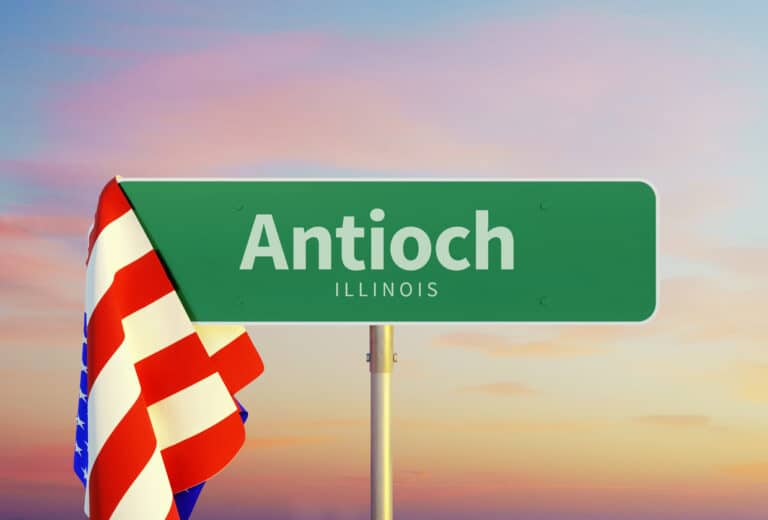




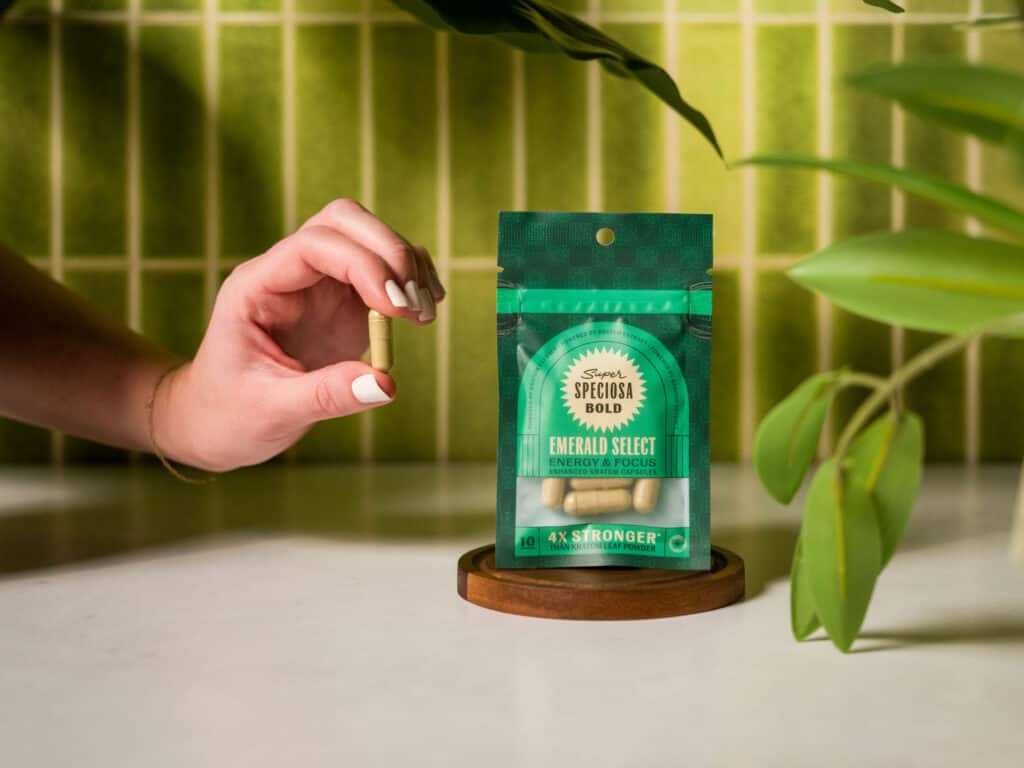
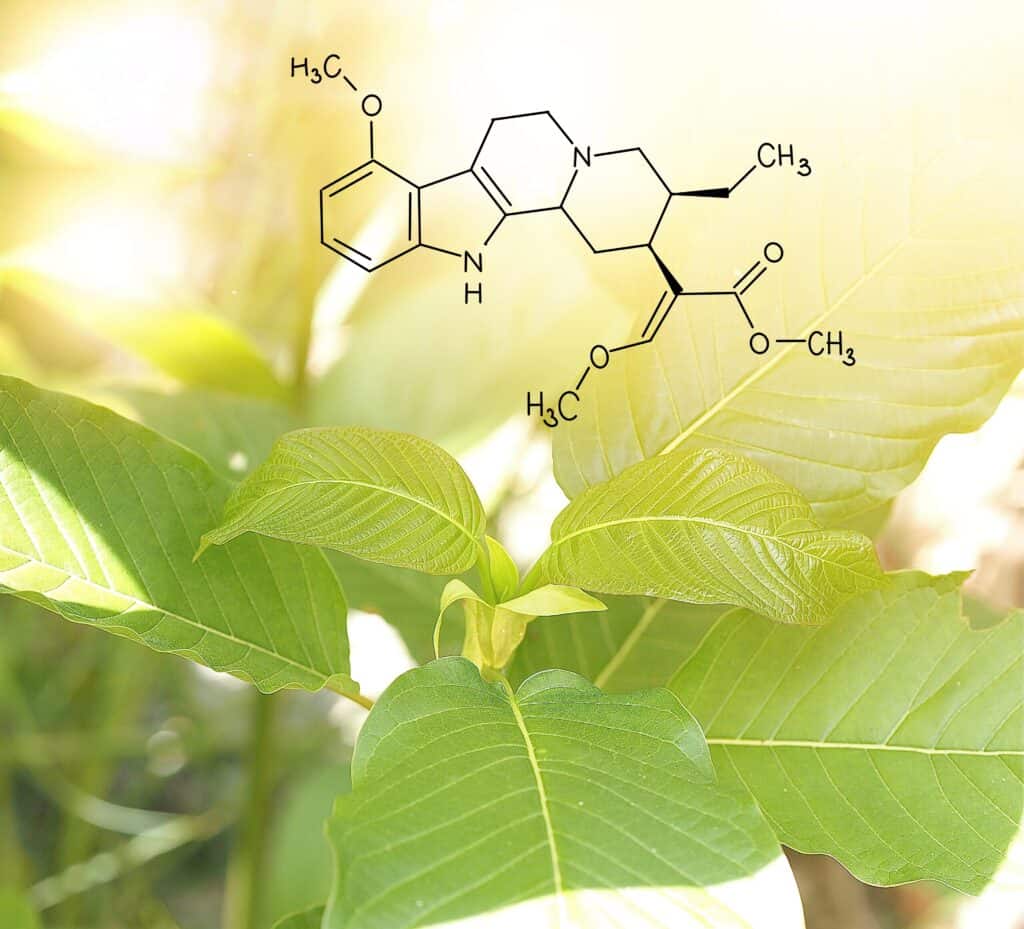
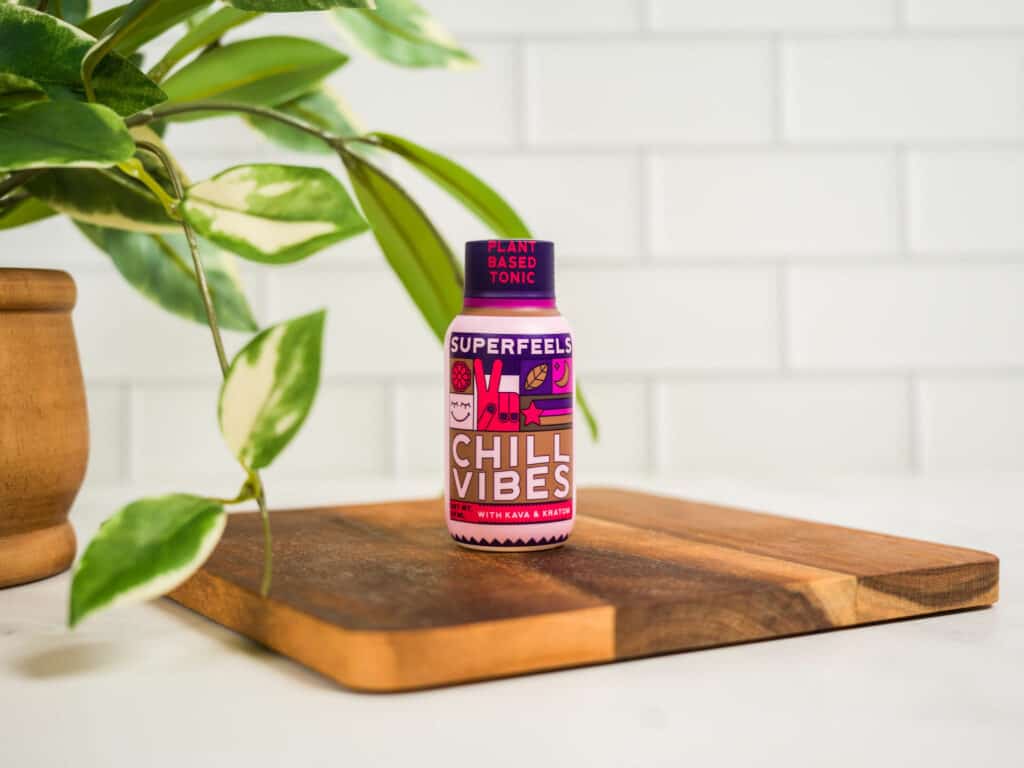
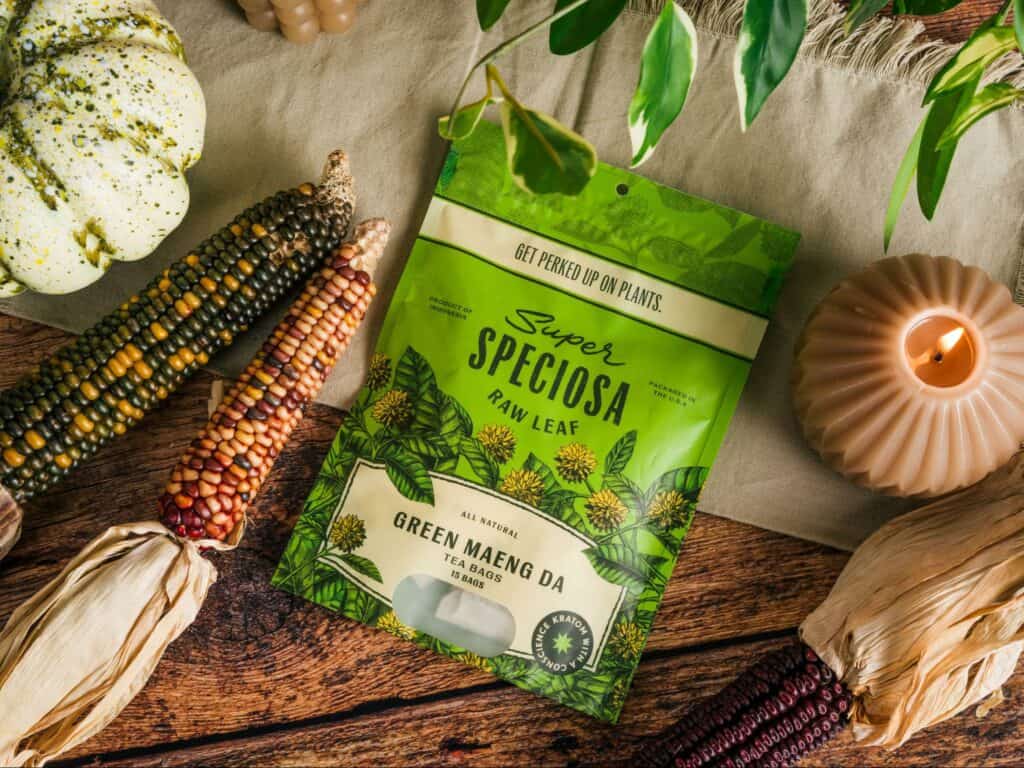
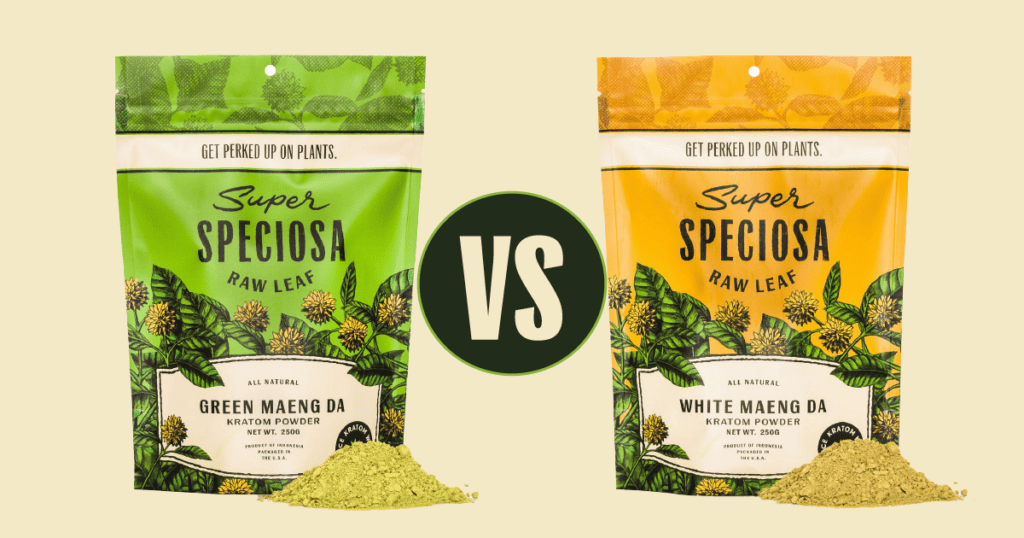
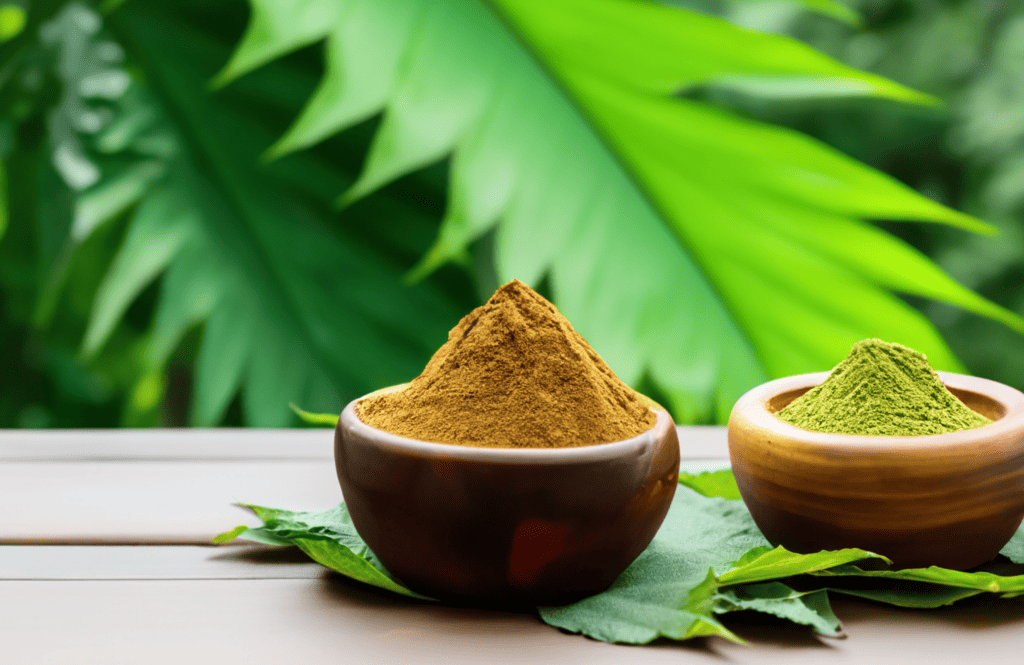
These statements and products presented on this website have not been evaluated by the Food and Drug Administration FDA. The products mentioned on this website are not intended to diagnose, prevent, treat or cure any diseases or health conditions. Therefore any information on this website is presented solely as the opinions of their respective authors who in which do not claim in any way shape or form to be medical professionals providing medical advice. SuperSpeciosa.com and its owners or employees cannot be held responsible for, and will not be liable for the inaccuracy or application of any information whatsoever herein provided. By purchasing our products you agree that you are aware and in compliance with your local county, state, or federal regulations. Must be 21 years or older to purchase Kratom. The US FDA has not approved kratom as a dietary supplement. We do not ship to the following states, cities and counties in the US where Kratom is banned: Alabama, Arkansas, Indiana, Rhode Island, Vermont, Wisconsin, Sarasota County, FL, Union County, MS, San Diego, CA, Jerseyville, IL, Oceanside, CA, and Ontario, OR. Furthermore, Kratom is also banned in the following countries where shipment cannot be executed: Australia, Burma, Denmark, Finland, Israel, Lithuania, Malaysia, Myanmar, Poland, Romania, South Korea, Sweden, Thailand, United Kingdom, Vietnam.
This product should be used only as directed on the label. It should not be used if you are pregnant or nursing. Consult with a physician before use if you have a serious medical condition or use prescription medications. A Doctor’s advice should be sought before using this and any supplemental dietary product. All trademarks and copyrights are property of their respective owners and are not affiliated with nor do they endorse this product. By using this site, you agree to follow the Privacy Policy and all Terms & Conditions printed on this site. Void where prohibited by law.
† These statements have not been evaluated by the FDA. This product is not intended to diagnose, treat, cure or prevent any disease.
Testimonials on this website are not intended as claims that our products can be used to diagnose, treat, cure, mitigate or prevent any disease. Read full disclaimer.
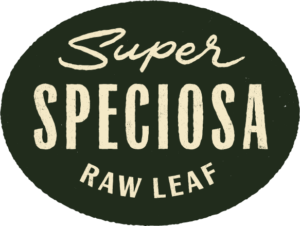
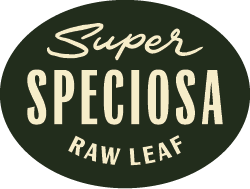
By submitting you agree to receive automated promotional messages. This agreement is not a condition of any purchase. See Terms and Privacy Policy. Frequency varies. Can opt out at any time.
There’s always something new happening. Enter your info below to get updates on huge deals, new products and special batch kratom releases.
By submitting you agree to receive automated promotional messages. This agreement is not a condition of any purchase. Message and data rates may apply. See Terms and Privacy Policy. Frequency varies. Can opt out at any time.